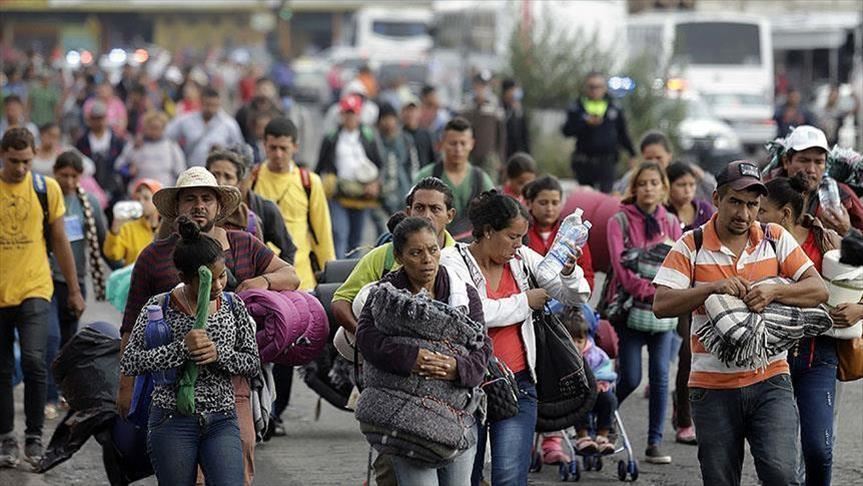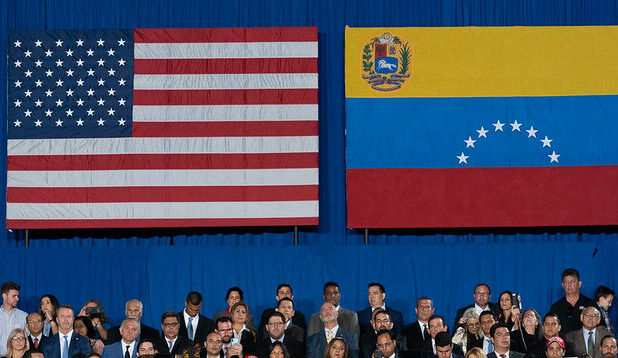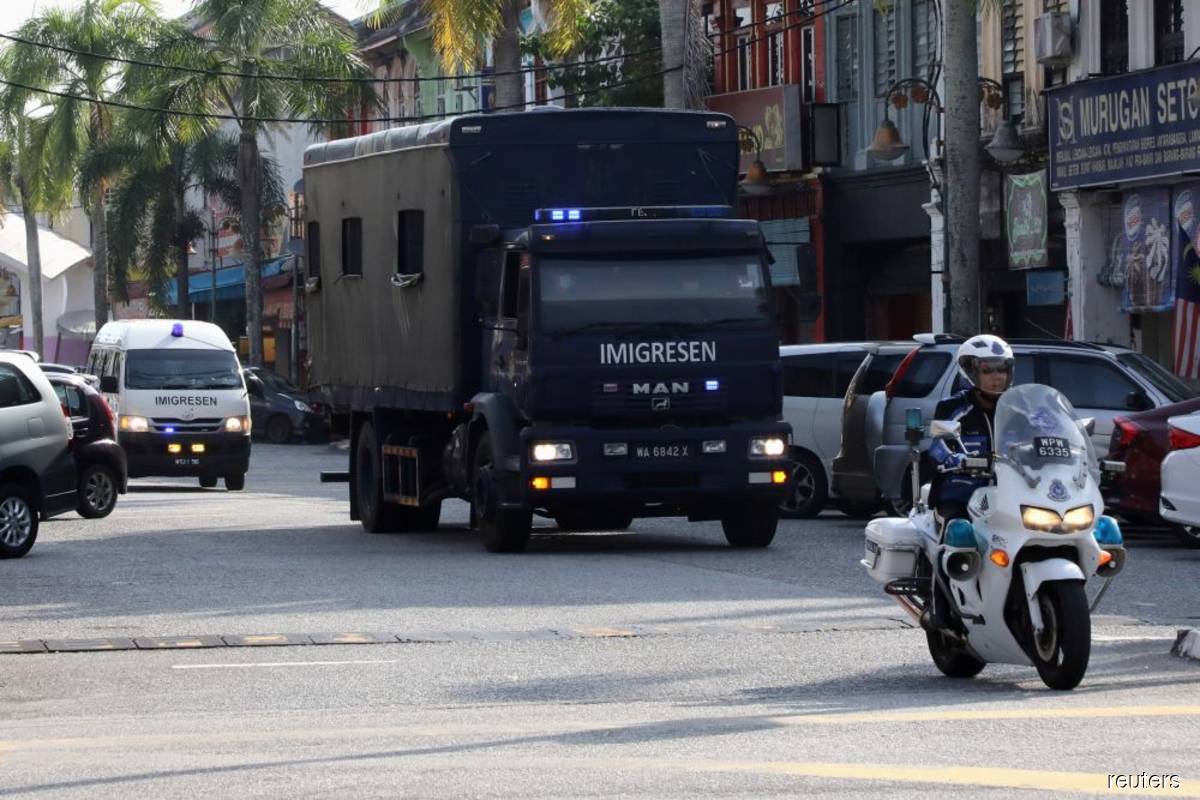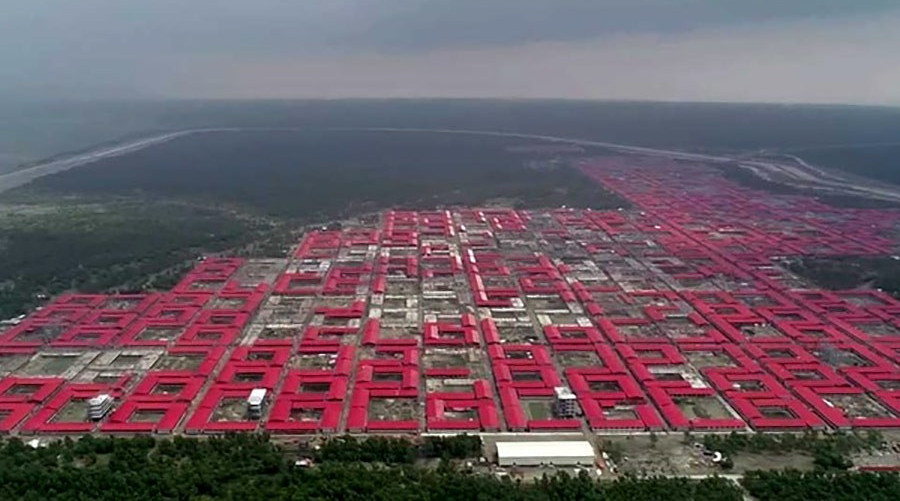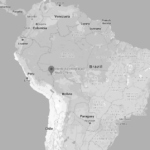Six simultaneous raids in both countries resulted in several arrests in both jurisdictions and the conclusion by authorities that the small South American country is still a large source of origin, transit, and destination of women trafficked to Europe.
 Uruguay’s Ministry of Foreign Affairs announced in a press release that the Interpol operation liberated four women and dismantled what it qualified as “an important human trafficking network.”
Uruguay’s Ministry of Foreign Affairs announced in a press release that the Interpol operation liberated four women and dismantled what it qualified as “an important human trafficking network.”
Three residencies in Montevideo yielded three arrests. Two raids in the city of Guadalajara, and one at an estate in Alcalá de Henares, a suburb of Madrid, in Spain yielded another five arrests. Seven of the eight arrested were of Uruguayan nationality and four were women. The group lured women in difficult financial situations with offers of well-paying job offers, only to force them into street and club prostitution in Europe under precarious conditions, said the announcement.
Structural inequalities and discrimination, says a report by Uruguayan NGO El Paso, are the main factors that make women in the country vulnerable to victimization. The country’s location on the Atlantic Coast naval corridors makes it ideal for international human traffickers, according to a report by Interpol. Around 17% of Uruguay’s trafficking victims leave the country, mostly bound for Spain and Italy, reported El Paso.
By Milan Sime Martinic
